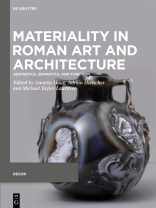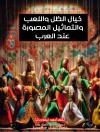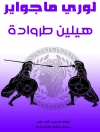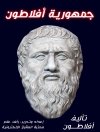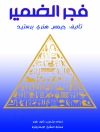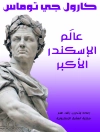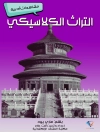The focus of this volume is on the aesthetics, semantics and function of materials in Roman antiquity between the 2nd century B.C. and the 2nd century A.D. It includes contributions on both architectural spaces (and their material design) and objects – types of ‘artefacts’ that differ greatly in the way they were used, perceived and loaded with cultural significance. With respect to architecture, the analysis of material aesthetics leads to a new understanding of the performance, imitation and transformation of surfaces, including the social meaning of such strategies. In the case of objects, surface treatments are equally important. However, object form (a specific design category), which can enter into tension with materiality, comes into particular focus. Only when materials are shaped do their various qualities emerge, and these qualities are, to a greater or lesser extent, transferred to objects. With a focus primarily on Roman Italy, the papers in this volume underscore the importance of material design and highlight the awareness of this matter in the ancient world.
Over de auteur
Annette Haug, Christian-Albrechts-Universität zu Kiel;
Adrian Hielscher, Ludwig-Maximilians-Universität München.
